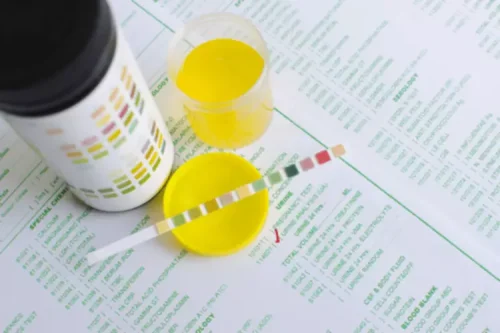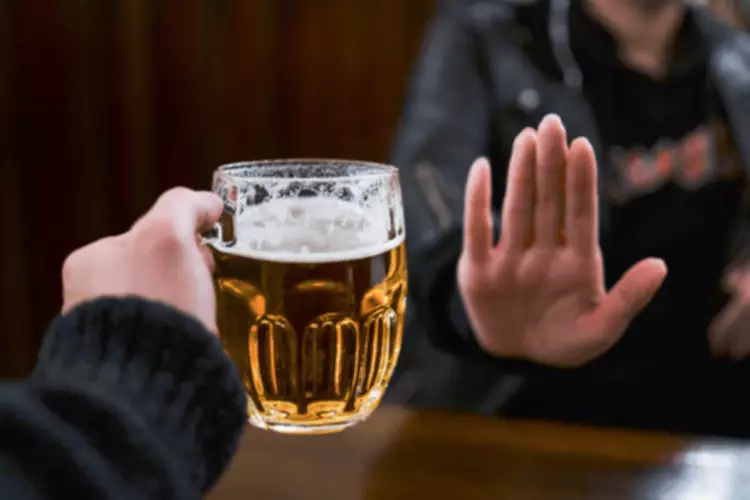Sleeping Pills: Types, Side Effects, Prescription, and Treatment
- Posted by Admin Surya Wijaya Triindo
- On July 16, 2021
- 0

Here’s what you need to know about the best sleep aids and how to get better sleep overall. Nearly a third of all American adults take medications to lower their cholesterol. Combining alcohol with cholesterol medications can cause liver damage, flushing and itching, and stomach bleeding. Rebound insomnia can happen if you suddenly stop taking sleeping pills. To reduce this risk, doctors usually recommend that you slowly lower your dose and wean yourself off gradually. If you want to or must stop taking the sleeping pills, speak with your doctor about how to do it.
Blood Pressure Medications

Consult with a medical provider about how any alcohol use may interact alcohol and pills with your medications, including any supplements, vitamins, or contraception. Each person’s metabolism, alcohol tolerance, and other individual health factors will determine specifically how long you need to wait before it’s safe to drink. The dangers of mixing alcohol with prescription drugs are well known. When you pick your prescription up at the pharmacy, chances are the label or package insert will come with a warning if it is not safe to consume alcohol while you are taking the medication. As with cold and flu remedies, combining alcohol with medications used to treat a cough can cause drowsiness, dizziness, and motor impairment.

Sleeping Pills
- In addition, mixing alcohol and sleeping pills can lead to tolerance, which means that you will need to take more of the substances to achieve the same effect.
- If you’re struggling with sleep issues, it’s important to talk to your doctor about safe treatment options.
- If you do enjoy grapefruit, ask your pharmacist if it’s safe to consume it with your sleeping pill.
- Mixing Lunesta and alcohol can increase nervous system side effects, such as drowsiness, dizziness and difficulty concentrating.
However, mixing certain prescription or over-the-counter medications with other sedating drugs can be dangerous. Since sleeping pills and alcohol have sedating effects, it is dangerous to take these substances together. It’s recommended that all addicts pursue detoxification in the presence of medical professionals, especially when alcohol is involved.
- Sleeping pills are available over the counter and as prescriptions but come with side effects and special considerations for their use.
- Alcohol and most sleeping aids work to depress the central nervous system.
- Solving the underlying problems that make you want sleeping pills and alcohol is the best choice.
- In general, alcohol use has the potential to make symptoms of a mental health condition worse.
Types of Sleep Medicines
The enzymes in the grapefruit slow down how your body metabolizes (breaks down) the medication, making the drug stronger and last longer in your body. This can be particularly dangerous if you are operating machinery or doing anything that needs you to be very alert in the morning after taking the sleeping pill. Teens and young adults seem to be at highest risk, especially if they take benzodiazepines.
Do Interventions Work for Those Struggling With Substance Use Disorder?
Many of the OTC sleeping pills available are or contain antihistamines. While they can result in drowsiness for long periods, they are not long-term options because their effectiveness wears off over time. Isordil (isosorbide nitroglycerin), often taken for angina (chest pain) or coronary heart disease, can also be dangerous when mixed with alcohol. Side effects can include dizziness and fainting, rapid heartbeat, and a sudden drop in blood pressure. Combining alcohol with medication for seizures, including epilepsy medication, can cause serious side effects. These include dizziness, sleepiness, unusual behavior, changes in mental health status (including suicidal thoughts), and the increased risk of more seizures.

In general, alcohol use has the potential to make symptoms of a mental health condition worse. In addition, there are hundreds of mental health medications that interact with alcohol. Combining alcohol with a mental health medication can make the medication less effective or even more dangerous. If you take prescription medication or use a specific medication every day, ask your doctor if it is okay for you to drink alcohol.
Risks for Individuals with Substance Use Disorders
Nearly half of all U.S. adults live with high blood pressure, also called hypertension. Medications used to treat hypertension can react badly with alcohol, causing dizziness and fainting, extreme sleepiness, and arrhythmias, or other heart problems. It’s usually recommended that you take the sleeping pill right before your desired bedtime. Read your doctor’s instructions https://ecosoberhouse.com/ on the sleeping pill prescription label. The instructions have specific information regarding your medication.



0 comments on Sleeping Pills: Types, Side Effects, Prescription, and Treatment